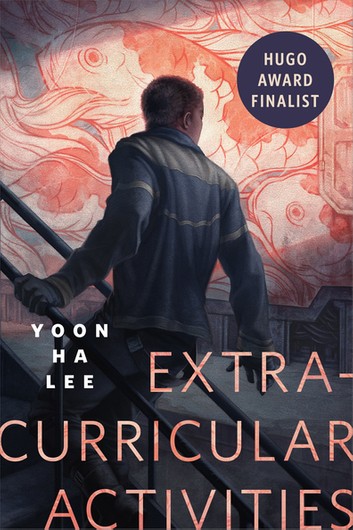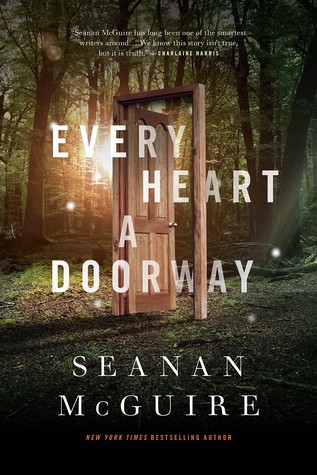Bookshelf
-

Gentlemen's Blood: A History of Dueling from Swords at Dawn to Pistols at Dusk
-

Galápagos
-

From Hell
-

From Hell, Vol. 1
-

Frankenstein
-

Framed Ink: Drawing and Composition for Visual Storytellers
-

Fragile Things: Short Fictions and Wonders
-

Four Quartets
-

Fodor's The Amalfi Coast, Capri & Naples
-

Flow My Tears, the Policeman Said
-

Flatland: A Romance of Many Dimensions
-

Flashbacks
-

Fight Club
-

Faust, First Part
-

Fantastic Beasts and Where to Find Them (Hogwarts Library)
-

Fairy Tales from the Brothers Grimm: A New English Version
-

Faeries
-

Fables & Reflections (The Sandman, #6)
-

Extracurricular Activities (The Machineries of Empire)
-

Every Heart a Doorway (Wayward Children #1)
-

Ender's Shadow (The Shadow Series, #1)
-

Ender's Game (Ender's Saga, #1)